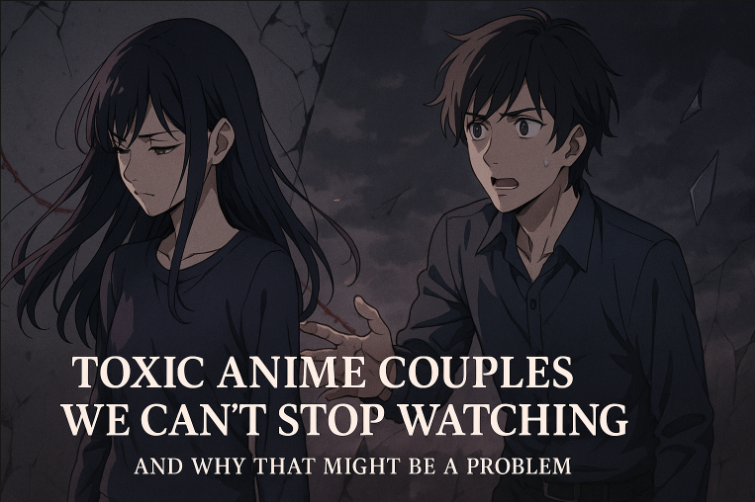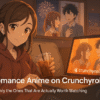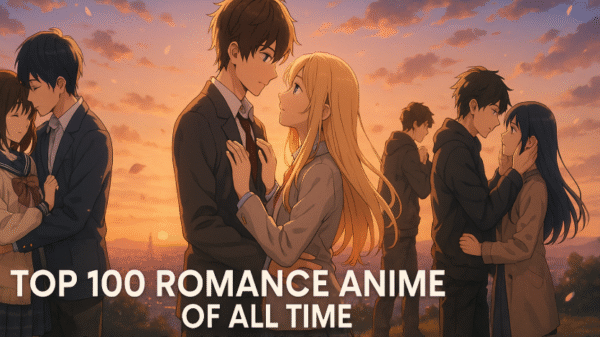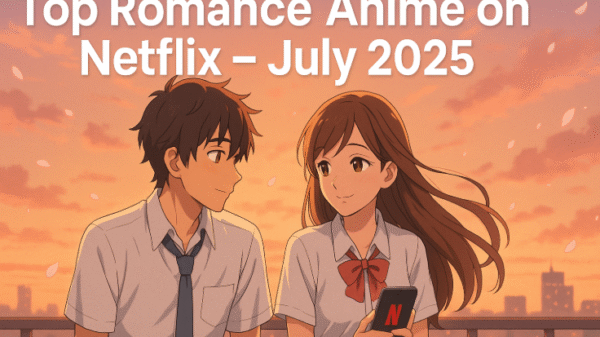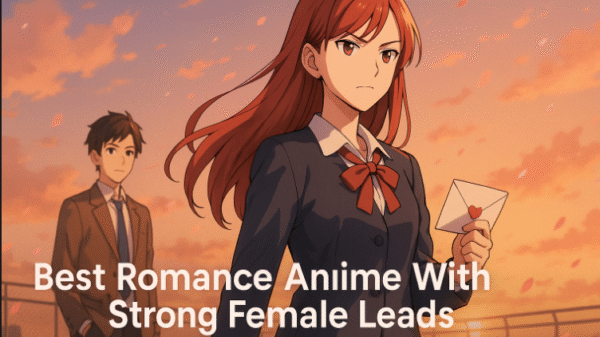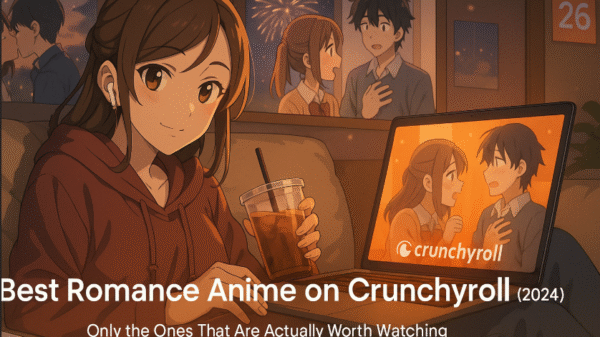They’re chaotic, toxic, and totally addicting. Here are the most popular romance anime couples we can’t stop watching — and why that’s a problem.
Introduction
They fight. They manipulate. They cross lines that would never fly in real life. And yet — we can’t look away.
Anime romance can be sweet and healing… but some of the most popular romance anime feature couples who are anything but healthy. These relationships are chaotic, co-dependent, and emotionally explosive — and somehow, they still trend, get fan edits, and dominate shipping polls.
But here’s the thing: toxic couples aren’t inherently bad storytelling. Many of these anime use dysfunction to say something real about love, power, and pain. The problem? Sometimes the toxicity is romanticized, or worse — never addressed at all.
In this article, we’re breaking down the couples that make us blush, cringe, and question ourselves — and examining what makes them so compelling… and why that matters in a 2025 anime landscape.
1. Light Yagami × Misa Amane (Death Note)
Studio: Madhouse
Where to Watch: Netflix, Crunchyroll
Why it’s toxic: Emotional manipulation, power imbalance, complete lack of respect
Misa is blindly devoted. Light is calculating and cold. Their dynamic isn’t love — it’s exploitation. And yet, fans still romanticize their moments together.
Why we watch: Because their dysfunction serves the narrative. Misa isn’t just a “crazy girlfriend” trope — she’s a commentary on devotion gone unchecked.
2. Yuno Gasai × Yukiteru Amano (Future Diary)
Studio: Asread
Where to Watch: Hulu, Crunchyroll
Why it’s toxic: Obsession, stalking, emotional abuse… with a body count
Yuno isn’t your typical yandere — she’s the blueprint. Yukiteru is terrified of her and simultaneously leans into her love because it’s convenient. It’s an extreme but painfully clear example of trauma bonding masked as romance.
What makes it so dangerous: Some fans celebrate Yuno’s behavior as “ride or die” when it’s actually a reflection of deep psychological damage on both ends.
3. Usui × Misaki (Maid Sama!)
Studio: J.C. Staff
Where to Watch: Netflix, Hulu
Why it’s toxic: Control issues, possessiveness, power imbalance
Let’s be honest: Maid Sama! is beloved, but Usui constantly pushes Misaki’s boundaries under the guise of teasing affection. While it never fully crosses into abuse, the show plays dangerously close to the edge of romanticizing dominance.
Still, it’s addictive. Because Usui is also protective, loyal, and — in later episodes — begins to respect Misaki’s agency. Growth? Maybe. But the early dynamic is problematic.
4. Haruki × Setsuna × Kazusa (White Album 2)
Studio: Satelight
Where to Watch: Crunchyroll
Why it’s toxic: Cheating, emotional manipulation, love triangle tragedy
This isn’t your average love triangle. It’s a slow, methodical collapse of trust, built on silence and longing. There’s no clear villain — which makes it even more devastating. Everyone is selfish, broken, and incapable of being honest.
Why it hurts: Because we see ourselves in the indecision. This is toxicity grounded in emotional realism — and that’s why it hits too close to home.
5. Nana × Takumi (Nana)
Studio: Madhouse
Where to Watch: HIDIVE
Why it’s toxic: Emotional neglect, manipulation, controlling behavior
Nana deserved better. Takumi — charismatic, rich, emotionally unavailable — represents everything wrong with idealizing toxic masculinity. Their relationship is about control and comfort, not love.
Fans still debate this one. Some argue Takumi was “mature,” others see him as the ultimate gaslighter. Either way, this couple embodies what happens when emotional damage is repackaged as romantic tragedy.
Why These Couples Matter (Even When They Shouldn’t)
As someone who’s watched over 400 romance anime — and loved everything from Toradora to Scum’s Wish — I’ve come to understand this: toxicity in anime couples isn’t the issue — how we frame it is.
These couples reflect extremes of emotion that do exist in real relationships. They’re raw, messy, and often mirror trauma. But when anime doesn’t challenge that toxicity — or worse, treats it as aspirational — that’s when it becomes dangerous.
Community threads on Reddit constantly debate couples like Yuno × Yukiteru or Usui × Misaki. Some defend them. Some call them out. And that conversation is exactly what makes anime powerful — it reflects us, flaws and all.
In 2025, as more anime tackle mental health, emotional consent, and self-worth, we need to keep holding space for messy love stories. But we also need to recognize when we’re rooting for something that, deep down, we wouldn’t wish on anyone.
Conclusion
Toxic anime couples are magnetic for a reason. They’re dramatic. Intense. Unfiltered. But romanticizing them without reflection risks normalizing pain disguised as passion.
Next time you find yourself swooning over a relationship built on chaos, pause and ask: Do I love them — or just the way they make me feel something?
Because the most popular romance animes aren’t always healthy… and that’s okay, as long as we know the difference.
Craving something sweeter?
Read: [Cute Romance Anime for When You Just Want to Feel Soft]

